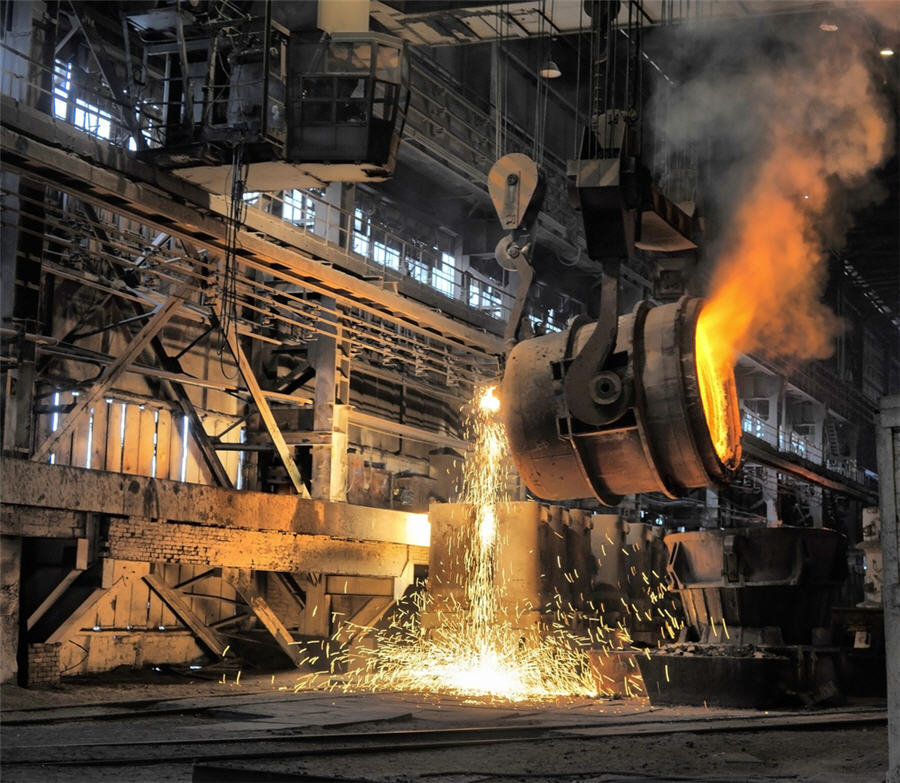WTO hears widespread criticism of US steel tariff plan

By Tom Miles
GENEVA, June 30 (Reuters) – U.S. President Donald Trump’s plan to restrict imports of steel and aluminium for national security reasons came under fire at the World Trade Organization on Friday, with China, the European Union, Brazil, Australia, Taiwan and Russia raising concerns.
Trump’s recourse to a Cold War-era trade law would allow him to restrict imports of goods deemed critical to national defence. But invoking national defence is all but taboo at the WTO, the arbiter of international trade rules since 1995, because some trade experts think it could make it easy for countries to escape their international trade obligations.
China and the EU both told the WTO’s Goods Council that the “section 232” tariffs could not be justified on national security grounds, said a trade official who attended Friday’s meeting, while others were concerned about a potential risk to the world trading system itself.
The Trump administration is studying the case for the potential new tariffs but delayed publication of the eagerly awaited study until after the president has spoken with G20 leaders in Germany next week, an administration official said on Thursday.
That did not stop a few pre-emptive strikes at the WTO, with the EU’s representative at the meeting saying the bloc might bear the brunt of U.S. tariffs because Chinese exports are already largely subject to U.S. restrictions and Canada and Mexico are likely to be exempt.
The EU would “be firm in taking all necessary actions” if its exports are restricted, the official said, adding that a proliferation of such tariffs would cause unacceptable systemic risks — a concern echoed by other countries at the meeting.
The trade diplomat from Russia, which called the debate on the issue, asked for details such as the timeframe and scope of potential tariffs, and also questioned the commercial justification for further U.S. limitations on imports of steel and aluminium.
Australia warned that the United States could face retaliation, while Japan’s representative said that Japan had an interest and was following the U.S. government’s actions closely.
The U.S. diplomat at the meeting responded by saying that if U.S. Commerce Secretary Wilbur Ross found steel or aluminium was being imported “in such quantities or in such circumstances as to threaten to impair national security”, he would recommend actions to be taken to “adjust the imports of steel and aluminium.” (Editing by John Stonestreet and David Goodman)
More News
{{ commodity.name }}
{{ post.title }}
{{ post.date }}




Comments